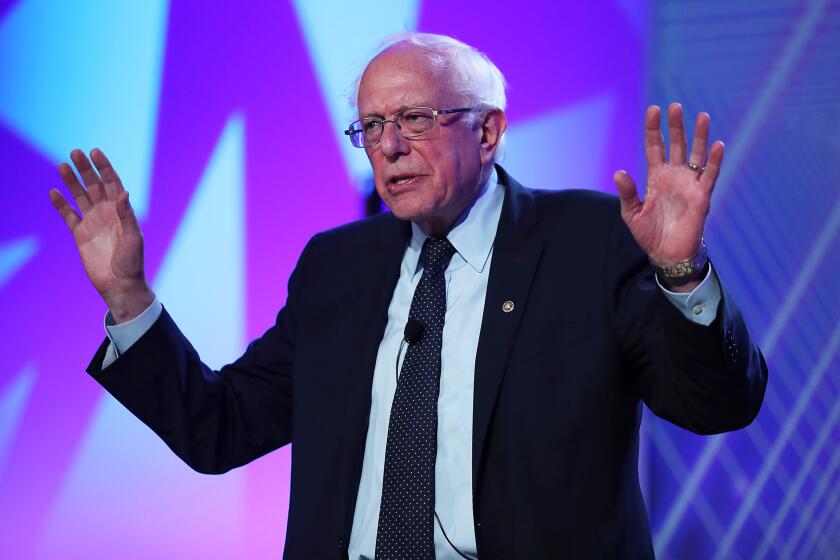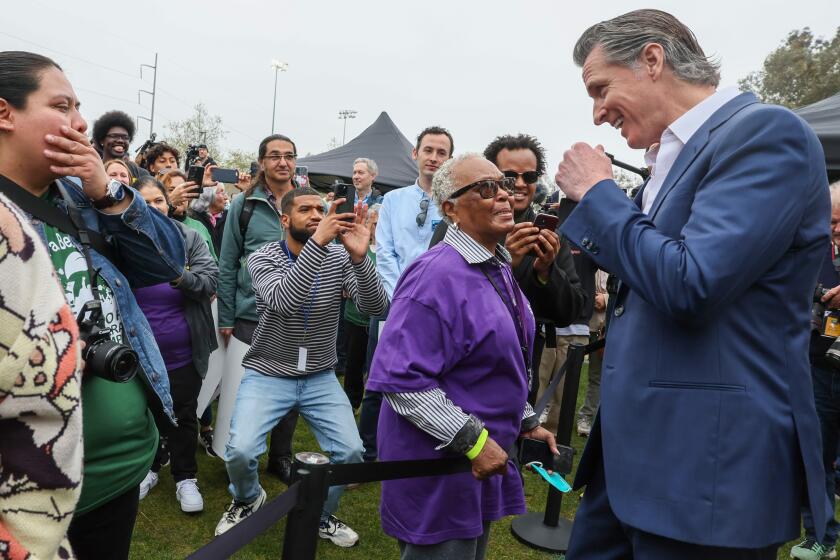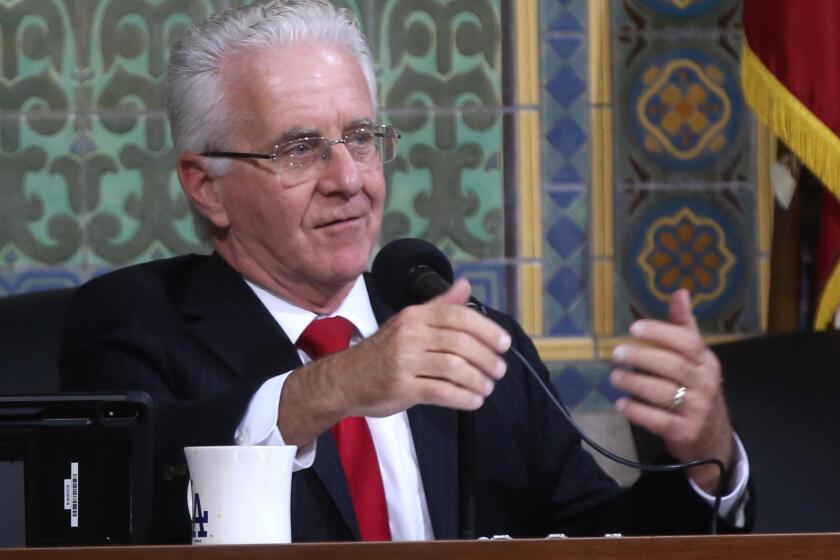Lockyer Fails to Enforce Voters’ Will
Under the California Constitution, the state attorney general oversees “the uniform enforcement of the laws.” As the state’s chief law enforcement officer, this historical mandate directs the attorney general to take all appropriate legal action to enforce laws enacted by the Legislature or directly by the voters through the initiative process.
In 1996, the majority of California voters approved Proposition 209, which says the state shall not discriminate against or grant preferential treatment to any individual or group on the basis of race, sex, color, ethnicity or national origin in public employment, public education or public contracting. A few months later, the U.S. 9th Circuit Court of Appeals found the measure to be constitutional, and the U.S. Supreme Court declined further review. From this time, the elected leaders of the state of California and its cities, counties, school districts and special districts were obligated to conform their public programs to comply with this new part of the state Constitution.
But that did not happen. Instead of discarding existing preferential treatment programs created to award public contracts on the basis of race and sex, numerous city councils, county boards of supervisors and school and special district boards chose to hunker down and pretend nothing had changed.
One of those public bodies was the San Jose City Council, which decided that it would maintain San Jose’s preference program by calling it an “outreach” program. Such “outreach” would be marketed as an effort to be more inclusive of minority- and women-owned subcontracting firms in bidding on city public works projects to make up for years of past discrimination. And even if the various outreach approaches were but thinly veiled quota systems, who out there was big enough and had sufficient resources to call all the public bodies to task on it?
But wait. Surely the state’s chief law enforcement officer, Atty. Gen. Bill Lockyer, would utilize the prestige and resources of his office to secure the uniform enforcement of this new constitutional provision. He’d campaigned to be “the people’s attorney general,” and “the people” had just voted to eliminate both race- and gender-based discrimination and preferential treatment.
When Lockyer failed to appear, Pacific Legal Foundation, a public interest law firm funded by charitable contributions, filed suit on behalf of a contractor whose bid for a San Jose public works contract was rejected because he couldn’t jump through San Jose’s “outreach” hoops. Finding San Jose’s public contracting outreach program to violate this new provision of the state Constitution, the trial court enjoined the program, and the appellate court unanimously upheld the trial court’s finding. Unwilling to accept this result, San Jose and several other “preferential treatment” proponents petitioned the California Supreme Court for review.
At this point, Lockyer filed a brief with the Supreme Court. But instead of seeking San Jose’s compliance with the voters’ will, Lockyer’s brief attempted to recast San Jose’s quota system as a benign outreach program.
At the Supreme Court hearing, Lockyer argued, “I cannot believe that Californians intended to limit efforts to ensure equal opportunity for all.” One justice suggested that outreach to “all,” as Lockyer had stated, was not opposed by the voters, but San Jose’s program, which Lockyer was attempting to support, involved reaching out only to certain preferred groups. Another justice responded that regardless of personal opinions, “the people of California by an overwhelming vote have made a policy determination.”
The California Supreme Court is to issue its decision by December. From the pointed questions and comments of a majority of members of the court to Lockyer and San Jose’s city attorney, it would appear that race- and gender-based preferential treatment programs cannot be the solution to past discrimination.
So why did Lockyer shy away from enforcing the law enacted by the people and instead take the exceptional step of personally appearing before the court to argue that San Jose should be allowed to avoid the will of the people? Is he a modern-day Don Quixote, “willing to march into hell for a heavenly cause”?
In the press conference after his argument, the attorney general noted that minorities now together constitute the majority of residents in California. This suggests that Lockyer’s argument for special preferences for this large bloc of voters has more to do with election returns than with his sworn duty to enforce the law.
More to Read
Get the L.A. Times Politics newsletter
Deeply reported insights into legislation, politics and policy from Sacramento, Washington and beyond. In your inbox three times per week.
You may occasionally receive promotional content from the Los Angeles Times.






